The transfer of Paul Pobga to Manchester United for an apparent fee of £100 million (€118 million) has been making the headlines over the last few weeks. If it goes ahead it will be another watershed for football – the first £100 million pound player.
It has taken 37 seven years to go from the Trevor Francis £1 million move to Nottingham Forest to today’s £100 million figure (although I think technically the Francis move was worth £1.18m). I'm sure the theme of conversations in 1979 was the same as today - 'the game has gone nuts!'. By most accounts Francis didn't live up to the fee, suffering from a recurring injury during his time at Nottingham Forest.
Reading about Manchester United’s impending decision to part with the £100 million reminded me of a nice summary Richard Thaler has in his recent book Misbehaving of findings from the psychology of decision making that supports the idea that early picks in the NFL draft will be overvalued. The general ideas are more or less applicable to high end deals in football where transferred players fail to deliver relative to expectations. Here are four.
People are overconfident in their ability to distinguish between talent. To justify a £100 million fee a player should be extremely talented. Of course, objectively and accurately measuring talent, let alone potential, is very challenging. The stats do show that Pogba generally scores well, but perhaps not well enough to be worthy of the staggering fee. WhoScored.com ranks Pogba tenth in the list of player statistics behind the likes of Riyad Mahrez, Henrikh Mkhitaryan and Angel Di Maria. The FIFA index, which adopts a 'wisdom of crowds' approach to measuring ability, has Pogba 23rd on their list. He holds the same rating as players such as Kevin De Bruyne, Sergio Busquets and Alexis Sanchez.
People make extreme forecasts. Elite players are statistical outliers. The problem is that those chasing the talent can overestimate the ability of ‘star’ performers. Scouts are perhaps too quick to define elite talent. Players like Cristiano Ronaldo and Gareth Bale are extremely rare. Is Pogba in the same bracket as these players who sold for £80m and £85m respectively not so long ago? Naive optimism can be a powerful force.
Selective Acceptance. There is information embedded in Juventus agreeing to part company with Pogba for this fee. The act of acceptance should provide Manchester United some insights. Naturally, the Old Lady think that Pogba is worth £100m or less. A literature in economics now exists to show that people can overbid in two-party trades, suffering from the winner's curse. A quick glance at the increasingly accurate Transfermarkt.com, suggests that Manchester United would be overpaying by approximately £30m.
People tend to believe that others think just like them. This is usually labelled the false consensus effect. In a simple sense, when a club nail their colours to the mast and publicly identify their target, it may be the case they think all other clubs share their views. Fearful of competitors, they may be more likely to give into a selling clubs demands. Although betting on the Pogba-Manchester United move is now closed, the threat of Real Madrid entering the race for Pogba's signature (whether realistic or not) may have inflated the fee.
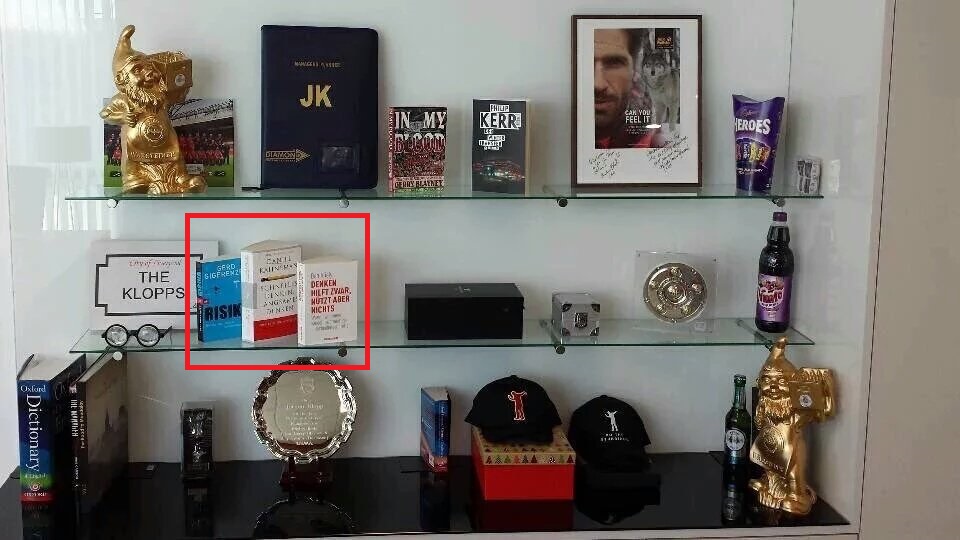
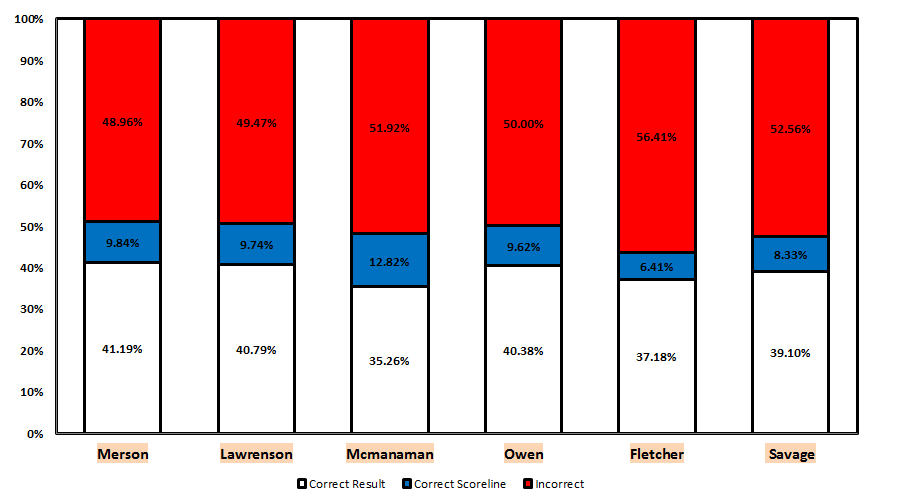
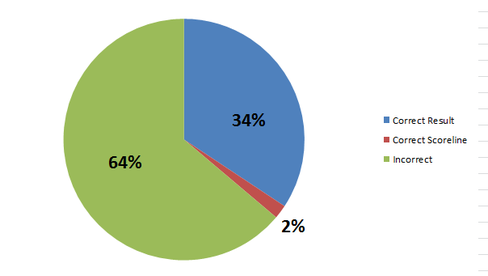
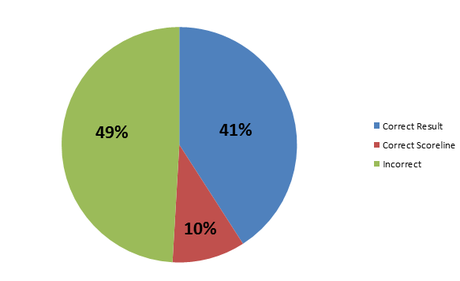
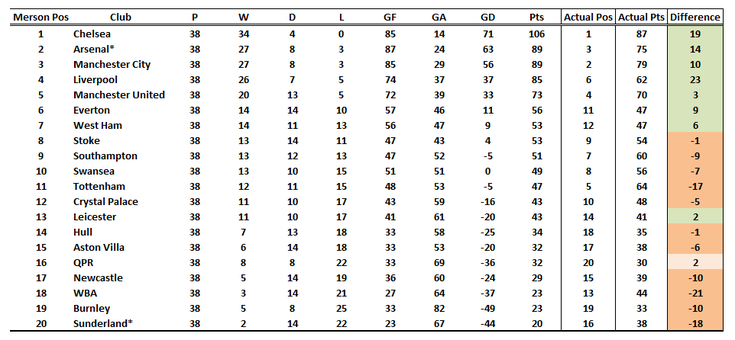
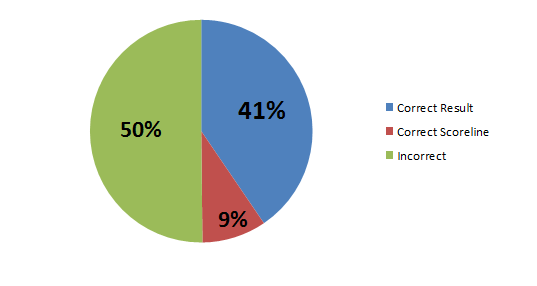
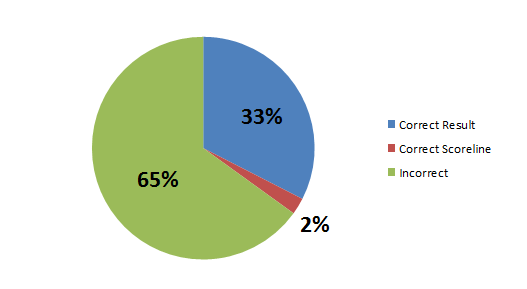
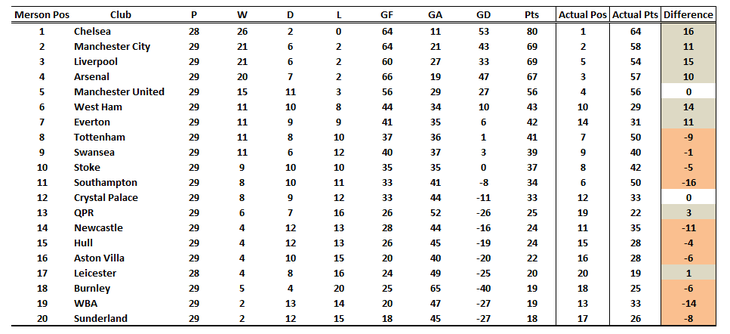
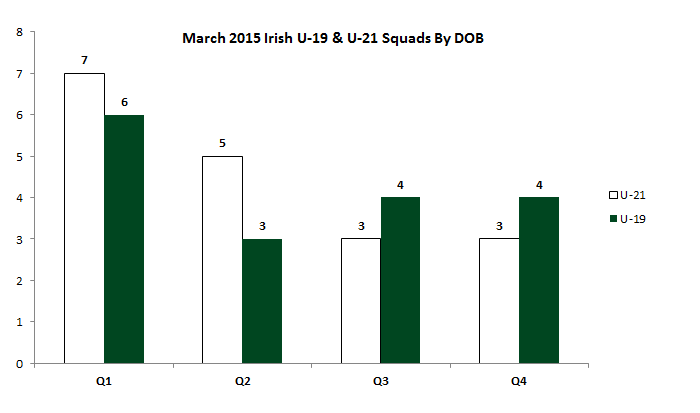
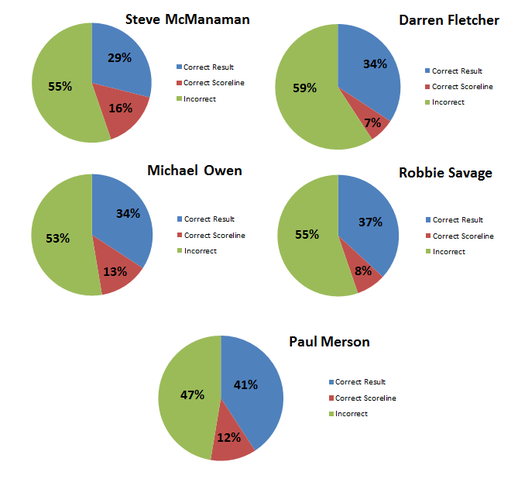
 RSS Feed
RSS Feed